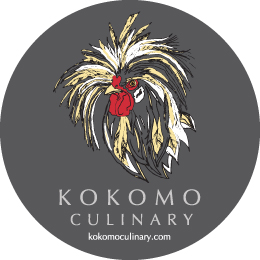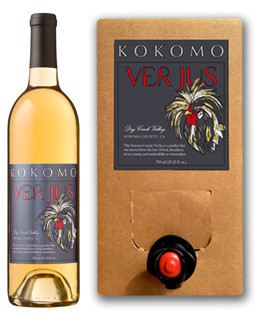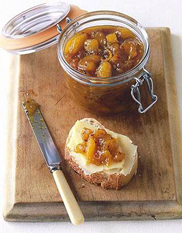
It�s such an American story. A woman who grew up in a Persian-American family in Marin County, met a man whose background is Greek and who grew up in Kokomo, Indiana. Together with a partner, they now make Kokomo Wines and Kokomo Culinary Verjus.
�My mother is a fabulous cook,� Kimia Miller says with pride. �She cooked Persian dishes in our home, all from scratch, many of the ingredients from our garden. She and my father are both chemists, so they would talk as easily about the chemistry behind the balance of flavors as about the sensory aspects.�
�My parents told me that in the old days, citrus wasn�t commonly grown in the Middle East but grapes were. In Persia fresh, unfermented, sour grape juice was often used to give stews a slight tartness and acidity, both for flavor and for preservation. Sometimes, in fact, they used the entire unripe grapes, not just the juice.�
Erik Miller is a wine grape grower and winemaker, along with the couple�s partner, Dale Peters. Kimia and Erik met when she and her parents visited the winery. �Erik gave us a tour, barrel tasting, the works.� It seems that people who love good wine and good food just naturally gravitate towards each other.
For people who appreciate good wine and food, it was natural that they should start to think about how they could use the high-quality grapes that would otherwise become compost. �Erik is a craftsman and loves coming up with new ideas. He started talking about making verjus from the green grapes that are usually thinned off the vines and discarded in mid-summer, when the grapes start going through verasion (changing from green to red). I had heard of verjus in European cooking, and I liked the connection to my Persian culinary background � a blending of East and West.�
Kimia and Erik were really interested in the culinary history behind verjus. They researched and experimented, as they developed their product. One person who intrigued them was Maggie Beer who had revived the use of verjus in Australia.
Erik takes the same approach to the verjus as he does to the Kokomo Wines he makes. Each vintage has its own characteristics. 2014 is the third harvest of green grapes for verjus. They have been experimenting with harvest times, based on factors rooted in the terroir of their vineyard and in the seasonal differences form one year to the next. The process of making wine and making verjus are complimentary, because the same equipment is used for both. However, the green grapes for the verjus are pressed and bottled immediately after harvest.
The low sugar content of the grapes, at this point in their maturation, means that fermentation doesn�t take place, but verjus is fresh fruit juice, so the bottle should be refrigerated once it is opened. The 3-liter bag-in-a-box is an alternate, especially for chefs for whom refrigerator space is precious. That technology makes refrigeration unnecessary and adds to the utility of the product.
The Millers are motivated by many factors, originating in their love of wine. �Because we love the land and its bounty, we wanted to use as much as we could of the wine grapes the land produces. Our grapes are great for eating, great for wine, and now great for verjus. It�s cool to think about the range of possibilities beyond wine.�
|








